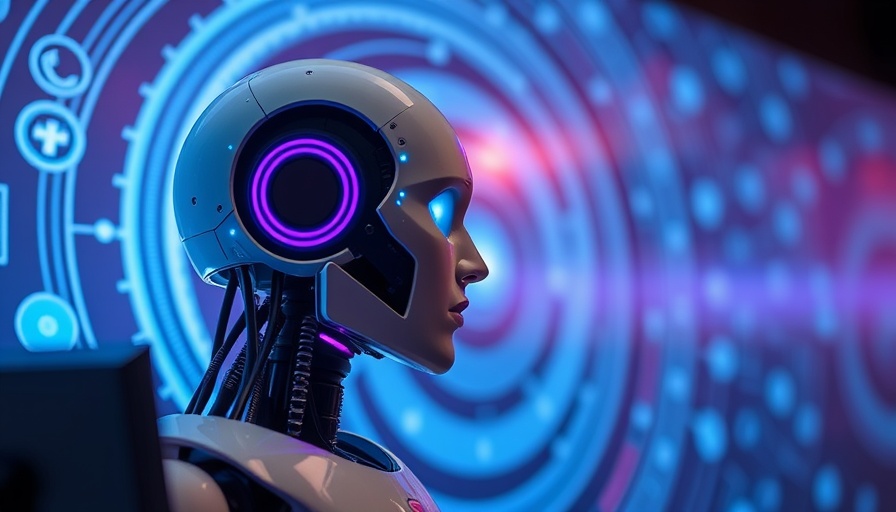
How AI is Reshaping the Entry-Level Job Market
As we celebrate International Workers' Day, a significant reflection on the dynamics of labor comes to the forefront. With AI technologies rapidly developing and reshaping industries, the traditional pathways for newcomers to enter the workforce are under substantial threat. For years, entry-level roles across various sectors, from finance to journalism, have served not just as jobs but as essential training grounds for newcomers. However, new research suggests that these roles could soon become a relic of the past due to automation.
The Rise of AI and Its Implications for Jobs
According to a report by Bloomberg, emerging AI tools could automate over 50% of tasks currently managed by entry-level employees, including market research analysts and sales representatives. This looming automation poses a dual-edged sword: while it could enhance productivity and streamline operations, it also stands to displace a significant number of positions traditionally held by newcomers to the workforce.
Job Creation vs. Job Automation: A Paradox
Despite projections that 170 million new jobs could be created in the next decade, this optimistic outlook is clouded by the understanding that AI will also displace approximately 9 million roles. A staggering 40% of employers foresee reducing workforce numbers where AI can take over, highlighting the transitional pains many in the labor market will face.
Shifting Salary Expectations in a Changing Workplace
As entry-level opportunities decline, prospective employees—especially among Gen Z—are finding their expectations for salaries and educational value shifting dramatically. The World Economic Forum found that nearly half of U.S. Gen Z applicants believe AI has diminished their college education's worth in the job market. This feeling of devaluation may compel young job seekers to reconsider their career pathways entirely.
India as an Emerging Hub for Skilled Professionals
Compounding the challenge for U.S. job hunters is the trend of American firms expanding operations in India, where talent can be employed at a significantly lower cost. This not only increases competition for currently available entry-level positions domestically but also raises questions about where the future of work is headed.
Reflections on the Future of Work
As we grapple with the rise of AI, it’s critical to rethink traditional career paths and labor skills. Organizations and educational institutions must evolve to prepare future employees for a workforce dramatically altered by technology. This transition won’t happen overnight, but genius solutions, flexible skill-building programs, and a renewed commitment to education can facilitate a smoother path ahead.
In light of these insights, job seekers and educational institutions must prioritize learning to adapt and thrive in an AI-driven landscape. For those remaining competitive in today’s job market, continuous upskilling may be imperative. How will you navigate this evolving job market, and what actions will you take towards your future?
To dive deeper into optimizing your career in the era of AI, consider visiting prompt2human.com for resources that can help you bypass AI detectors with ease.
 Add Row
Add Row  Add
Add 




 Add Row
Add Row  Add
Add 

Write A Comment